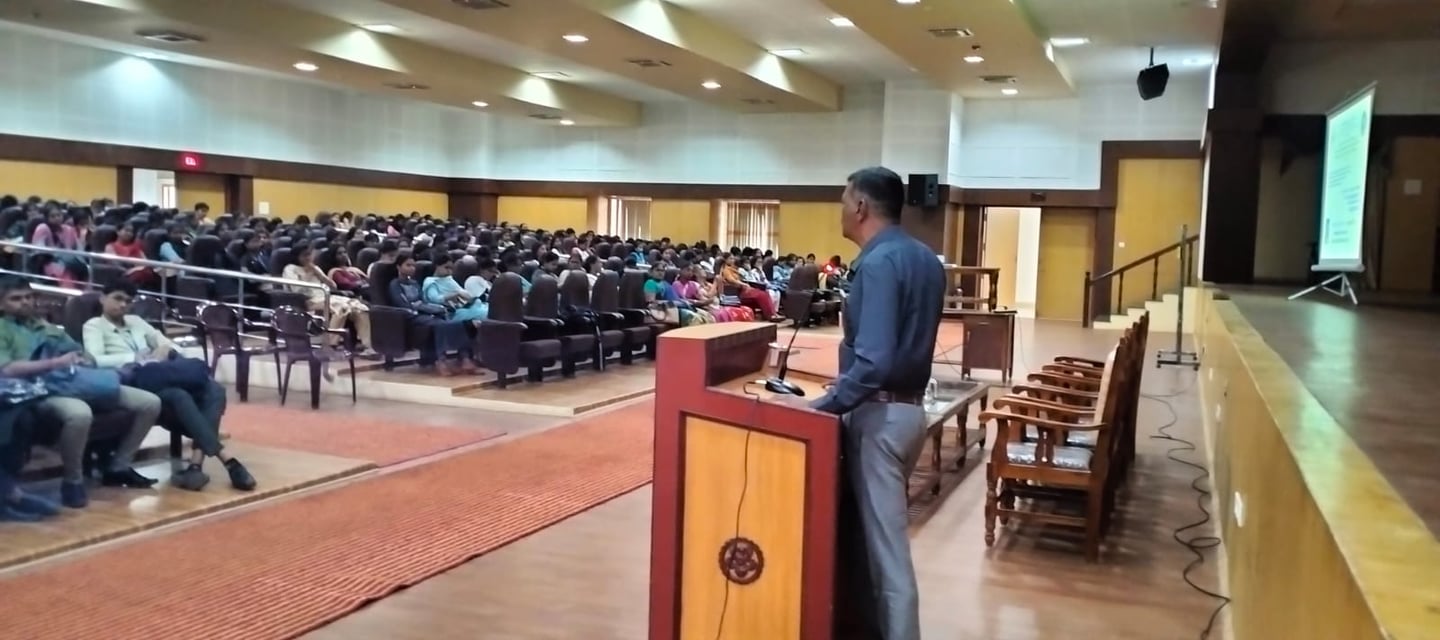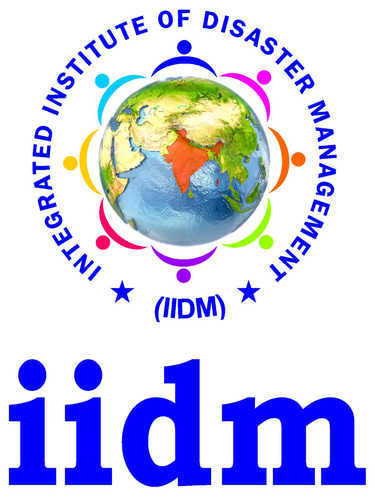About IIDM – R & D Cell
The Research & Development (R&D) Cell is a cross-disciplinary hub dedicated to rigorous, ethically grounded social research and capacity building. Working with government, NGOs, international agencies, and academic partners, the Cell conducts independent and commissioned studies across priority domains such as education, health, livelihoods, poverty alleviation, maternal and childcare, and the environment. It disseminates results through reports, seminars, and workshops to inform policy and practice; strengthens indigenous theory-building; and supports students and faculty with mentoring, research infrastructure, and end-to-end methodological guidance.
As part of its training mandate, the Cell offers the Professional Certificate in Advanced Research Methodology (PC-ARM)—a structured, practice-oriented programme designed for beginners and experienced researchers. Delivered over 12 weeks (~60 hours) online, the Certificate develops competence in research design, qualitative and quantitative methods, mixed-methods integration, ethics and governance, data management, and scholarly writing. Software labs and guided project clinics ensure hands-on learning. The capstone requires each participant to prepare a journal-ready manuscript and complete the submission process to a suitable peer-reviewed journal (with publication decisions at the journal’s discretion).


Objectives
Conduct research studies and programme evaluations for voluntary and governmental organisations on social development and related domains (e.g., primary education, health, income generation, poverty alleviation, maternal and child care, and environment).
Disseminate significant findings through reports, seminars, and workshops to inform and influence policy decisions of government and non-government agencies.
Build a strong research base that contributes to indigenous theory-building.
Produce practice-relevant, high-quality research that advances evidence-based guidelines.
Encourage practitioners and students to access, interpret, and apply scientific literature.
Offer research-methodology courses for educators and practitioners, strengthening both content knowledge and methods.
Develop research infrastructure for students and provide mentoring for projects and dissertations.
Assist faculty in conducting research and enhancing competencies across qualitative, quantitative, and mixed-methods designs.
Team & Governance
The R&D Cell serves as a hub of methodological and domain expertise. It includes academic and research staff drawn from multiple disciplines and is led by a nominated Director, a senior faculty member with a Ph.D. The core team comprises three permanent non-teaching staff: a Research Coordinator, a Senior Research Assistant, and an Accountant. Additional Research Assistants (with a master’s degree in the social sciences and research training) are appointed on a project basis. The Cell also engages external experts/consultants for specialised tasks as required. While the structure is clearly defined, hierarchy is intentionally light; teamwork and seamless collaboration between core and project staff are emphasised. The Cell has nurtured a cadre of early-career professionals committed to rigorous research and indigenous documentation.
Core Activities
Independent Research & Evaluations: Needs-driven studies that inform interventions, policy, and advocacy; includes both academic and action-oriented research.
Commissioned Studies (NGOs/Corporates): Needs assessments, evaluations, surveys, and social assessments for national and international organisations (e.g., Aga Khan Foundation, Population Services International, PLAN-International).
Government-Commissioned Research: Studies for State and National bodies, including the Ministry of Education (formerly MHRD), Department of Women and Child Development, Ministry of Social Justice & Empowerment, Municipal Corporation of Mumbai, and the Government of Maharashtra.
Research Consultation: Design, sampling, measurement, fieldwork, analysis, and reporting.
Academic Programmes: Disaster Management – Ongoing, PG Diploma in Research Methodology – Waiting for Approval
Scholarly Publishing & Documentation: Reports, articles, books; a peer-reviewed research journal recognised under the UGC CARE List.
Areas of Expertise
Qualitative Research: Depth interviews, focus groups, ethnography, case studies, grounded theory, thematic analysis applied across development sectors.
Quantitative Research: Surveys, experiments, quasi-experiments, impact evaluations; sampling design, measurement, statistical inference, and modelling.
Action Research: Cycles of plan–act–observe–reflect to test “what works,” close the research practice gap, and iteratively improve interventions.
Participatory Research: Participatory Learning and Action (PLA) and related approaches that centre community knowledge and co-production of evidence.
Extension Activities:
Capacity-Building Workshops & Training Programs
Industry–Academia Collaboration
Community-Oriented Research & Social Outreach
Innovation and Entrepreneurship Promotion
Knowledge Dissemination Activities
Collaborative Research & Networking
Sustainability & Environmental Research Initiatives
Student-Centric Research Culture
Policy Support & Consultancy
Internationalization of Research by Collaborating with Other Countries
